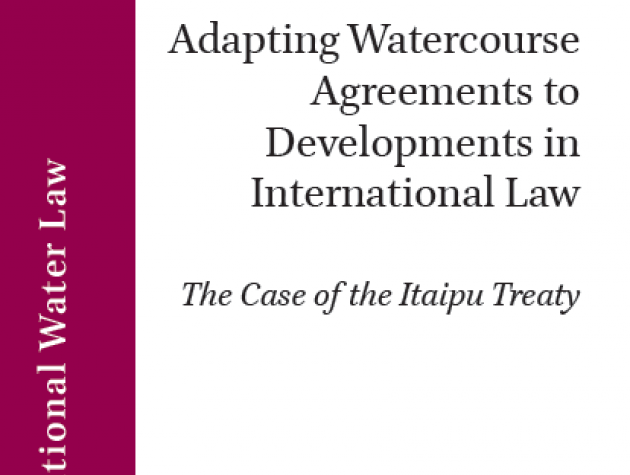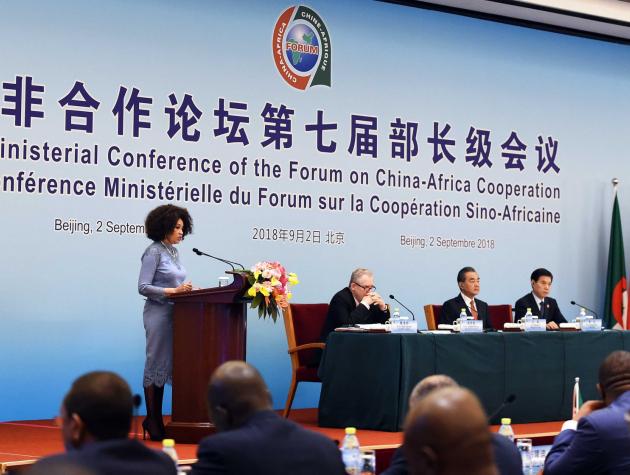Reshaping the Investment Regime: GEG and Chilean Government host workshop in Santiago
On 10 April, GEG co-hosted a workshop with the Chilean Ministry of Foreign Affairs to bring together investment treaty negotiators from around Latin America. Participants discussed shared challenges resulting from investment treaties and pragmatic ways forward, looking in particular at interpretive statements. Lise Johnson, Senior Legal Researcher at the Columbia Center of Sustainable Investment (CCSI), prepared a background paper for the workshop. The paper, titled "Ripe for Refinement: The State's Role in Interpretation of FET, MFN, and Shareholder Rights" is available at the bottom of the page.
Latin America is at the forefront of debates over how to reform investment treaty arbitration. While Argentina continues to litigate at the International Centre for Settlement of Investment Disputes (ICSID), Ecuador, Bolivia, and Venezuela have all withdrawn from ICSID. With no ratified bilateral investment treaties, Brazil has recently released text of a new, and radically different, type of investment treaty. Meanwhile, countries like Chile, Peru, and Mexico have decided to pursue more incremental changes and are currently negotiating a Transpacific Partnership Agreement, which is likely to include more traditional investment protection rights.
This workshop was GEG's second workshop on Reshaping the International Investment Regime: Lessons from Latin America? The first workshop on Reshaping the International Investment Regime was held in Oxford in July 2014. It brought together negotiators, arbitrators, and academics to debate the merits and weaknesses of the existing architecture, to examine the key challenges facing governments, and to explore concrete steps governments and others could take to improve the regime.
Drawing on the workshop's deliberations, GEG's Geoffrey Gertz and Taylor St John wrote a policy brief setting out steps that governments can take to reassert public control over international arbitration and realign the international investment regime with the public interest. Gertz, St John, and GEG Senior Research Associate Lauge Poulsen will publish a new policy brief on the possibilities of interpretive statements—and why more governments haven't used them—in May 2015.






